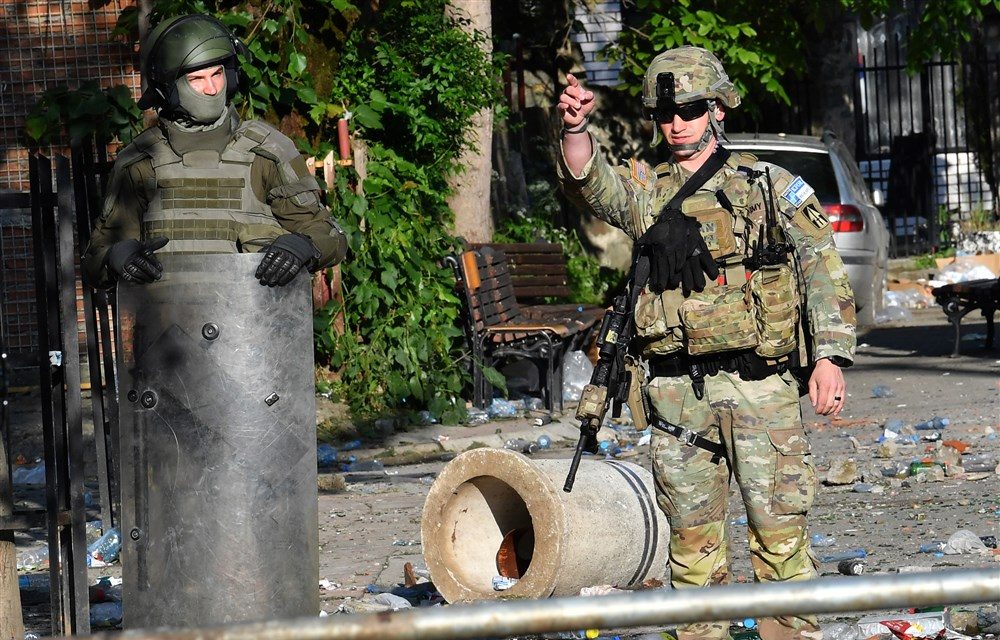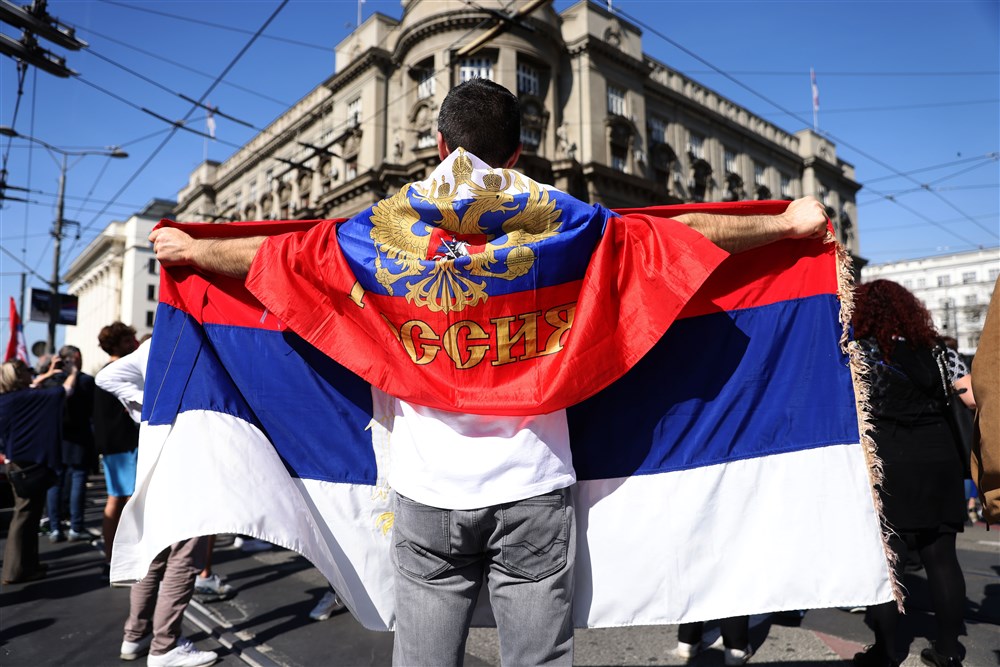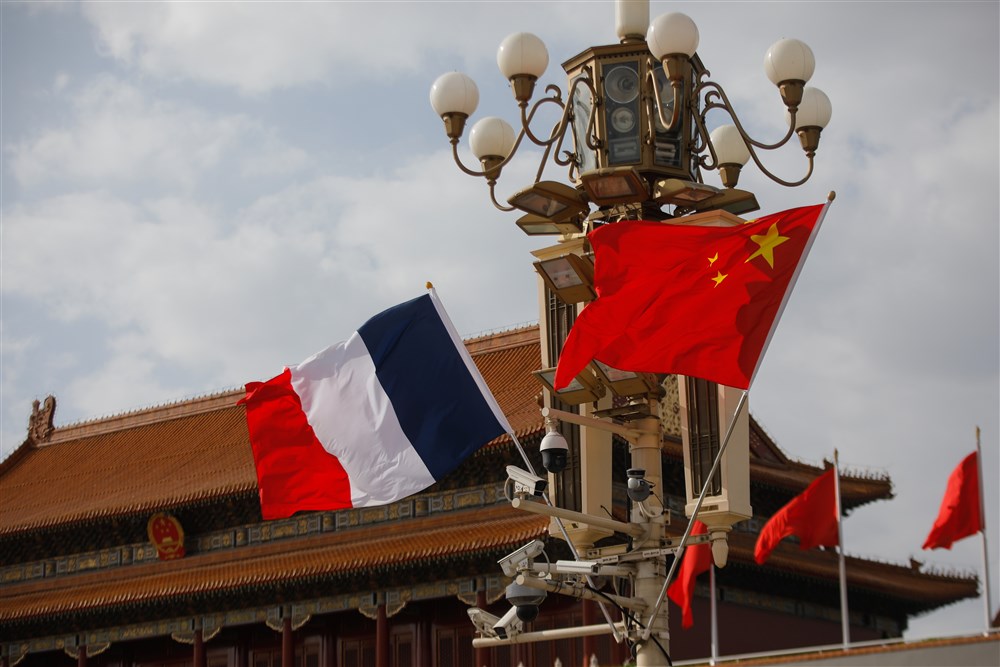The United States has expressed its intense displeasure over escalating tensions in Kosovo, sternly reprimanding the Kosovan government. The US rebuke comes after a recent eruption of violence that saw more than 30 NATO-peacekeepers injured on Monday in clashes with Serbian protesters. The fighting has forced NATO to deploy some 700 extra military personnel.
Amid recent local elections in Kosovo that seemingly stoked militant aggression, American ambassador in Pristina, Jeffrey Hovenier, had “strongly advised” Kosovan Prime Minister, Albin Kurti, not to install contested mayors in four majority-Serb municipalities. With that advice apparently ignored, Kosovo’s participation in a NATO exercise, Defender Europe 23, has been cancelled.
Adding to rising tensions, the US is said to be contemplating further measures, with Hovenier stating the US “has no enthusiasm” to assist Kosovo in its efforts to gain wider international recognition or progress towards membership of the EU and NATO.
US Secretary of State, Antony Blinken, accused the Kurti government of “unnecessarily” inflaming ties with the Serb community. He also demanded that Serbian troops stand down. The US reaction to the Kosovan situation seems unusually harsh, given the European country’s dependence on Western support on almost all fronts.
Violence flared up after the ethnic majority of Serbs had boycotted local elections, leading to demands for the withdrawal of the newly elected mayors as outraged Serbians blocked officials from entering municipal properties. As several of the appointed officials tried to enter anyway, heavy clashes broke out, leading police to forcefully intervene.
On Monday, Serbs clashed again with law enforcement officers and NATO peacekeepers, unrest that has continued since. This prompted Jens Stoltenberg, secretary of NATO, to take action and send in the extra 700 soldiers from the Operational Reserve Force for the Western Balkans. In addition, a battalion of reserve forces has been put on high alert.
At a figure of 700, the number of extra NATO personnel deployed is considerable, given the total size of the Kosovo Force (KFOR) is a little above 3,600. On Tuesday, in response to the outbreak of violence, KFOR-troops also reinforced their positions with metal fences and barbed wire.
“KFOR will take all necessary actions to maintain a safe and secure environment for all citizens in Kosovo, and will continue to act impartially, in line with our United Nations mandate”, Stoltenberg said in his press briefing.
He also urged both sides to refrain from “further irresponsible behaviour” and to return to EU-backed talks on improving relations.
#KFOR statement pic.twitter.com/0cnmW5PRfn
— NATO Kosovo Force – KFOR (@NATO_KFOR) May 30, 2023
The US and the majority of European Union nations have acknowledged Kosovo as an independent state separate from Serbia. Many Serbs, however, have never accepted Kosovo’s 2008 declaration of independence from Serbia and consider Belgrade their capital. In contrast to the US and EU standpoint, Russia and China support Belgrade.
On Tuesday, China expressed its backing for Serbia in protecting its sovereignty and territorial integrity. Moscow has consistently criticised Western policies related to the conflict.
Following the latest outbreak of violence, as well as placing its military on high alert, Serbia also moved additional troops to the border with Kosovo. On Monday, Serbian citizens continued their protests, demanding the departure of both ethnic Albanian mayors and Kosovo police from northern Kosovo.
The rising tensions defy European efforts to pacify the region and also put in question the proposed membership of Serbia to the European Union.
Met Prime Minister @albinkurti in Bratislava to discuss the tensions in the north of #Kosovo.
The current situation is dangerous and unsustainable.
We need urgent de-escalation and a solution through the Dialogue to return to our work on implementing the Agreement reached. pic.twitter.com/cOhKtEothA
— Josep Borrell Fontelles (@JosepBorrellF) May 31, 2023





